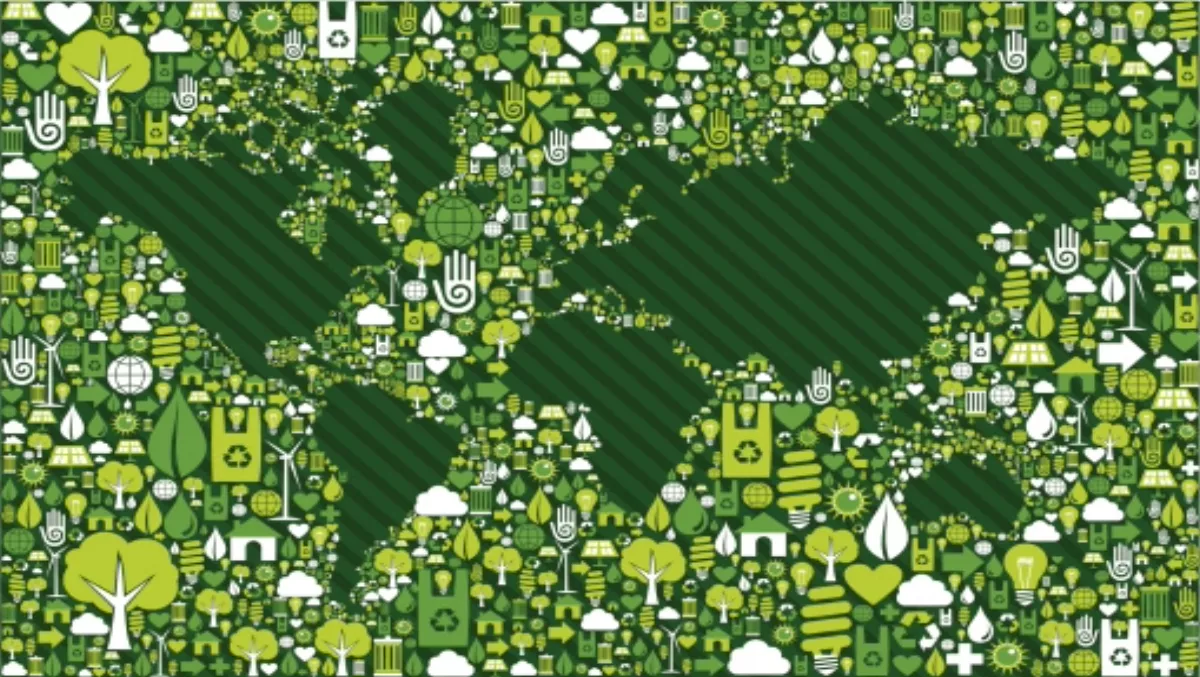
A keen eye on ICT sustainability
Working with Fujitsu, renewable energy company Meridian Energy has sought to improve its performance as it seeks to achieve sustainable ICT best practice.
With a mission of being a sustainable company it also needed to be able to identify new sustainability initiatives in the future.
It is the largest generator in New Zealand, with a strong pipeline of development options in Australasia, and also retails electricity throughout New Zealand.
Meridian generates around 30% of the country's electricity and owns and operates seven hydroelectric power stations, one wind farm in the South Island and three wind farms in the North Island.
Meridian is committed to renewable energy, environmental stewardship and supporting the communities living alongside its assets, making it an authentically sustainable organisation.
Meridian supports its customers with positive energy solutions, helping them to reduce their energy use.
The Challenge
As a company that prides itself in developing only renewable energy, Meridian seeks to continuously improve operational efficiency. The company has programs in place to move all staff from desktops to energy efficient laptops.
There are also initiatives focused on recycling and staff education programs around energy conservation and switching off PCs at night.
The Solution
Meridian engaged Fujitsu Consulting's Sustainability team to conduct an ICT Sustainability Quick Start diagnostic, which provided a rapid assessment of the level of Green ICT maturity at Meridian.
Using a proven methodology, the team benchmarked strategic areas of Meridian's ICT operations.
Having the knowledge and database from the previous two years of global reports, Fujitsu's consultants were able to benchmark Meridian against over 1000 other companies across seven countries and specifically against other utilities across ANZ, providing a detailed roadmap towards achieving best practice.
The team conducted eight face-to-face interviews asking a total of 80 detailed questions about the state of ICT sustainability at Meridian.
Along with the CIO, ICT Manager and the Sustainability Performance Advisor, the team also interviewed the Data Center provider and internal Fujitsu staff responsible for the service delivery of the account.
A review of the asset register and inspection of the Wellington Data Center was also conducted to help gain a true understanding of the whole ICT footprint.
Alison Howard, Sustainability Performance Advisor at Meridian, says: "The Quick Start process was a real eye-opener to the future possibilities of what is achievable in terms of sustainability in our ICT.
"The benchmark report gave us something to strive for and showed us how to get there.
The benefits
Overall Meridian compares well, outperforming all of its peer groups with a total average score of 60.5% and comes in at 166th place on a global scale of 1,000 companies previously surveyed.
Key strengths lie in Lifecycle, Enterprise and Enablement, with key areas for improvement identified in the key areas of End User (desktop) and Metrics.
With global best practice being 80% and the opportunities clearly identified, Meridian has an opportunity to be the first New Zealand company and utility globally to achieve global best practice for sustainability.
Conclusion
The Quick Start diagnostic process provided Meridian with a high level of engagement and identified future opportunities to move to stage 2 - 3 of the Fujitsu ICT Framework, which looks at Strategic Alignment and a full ICT Assessment.
With the baseline now well defined, Meridian now has the opportunity and roadmap to achieve global best practice that is supported by a strategic plan for continuous improvement.
Fujitsu is now working on a medium term plan to help Meridian achieve global best practice.
This plan includes a detailed program that provides further business case analysis, energy and cost savings models, together with an internal communication plan.

